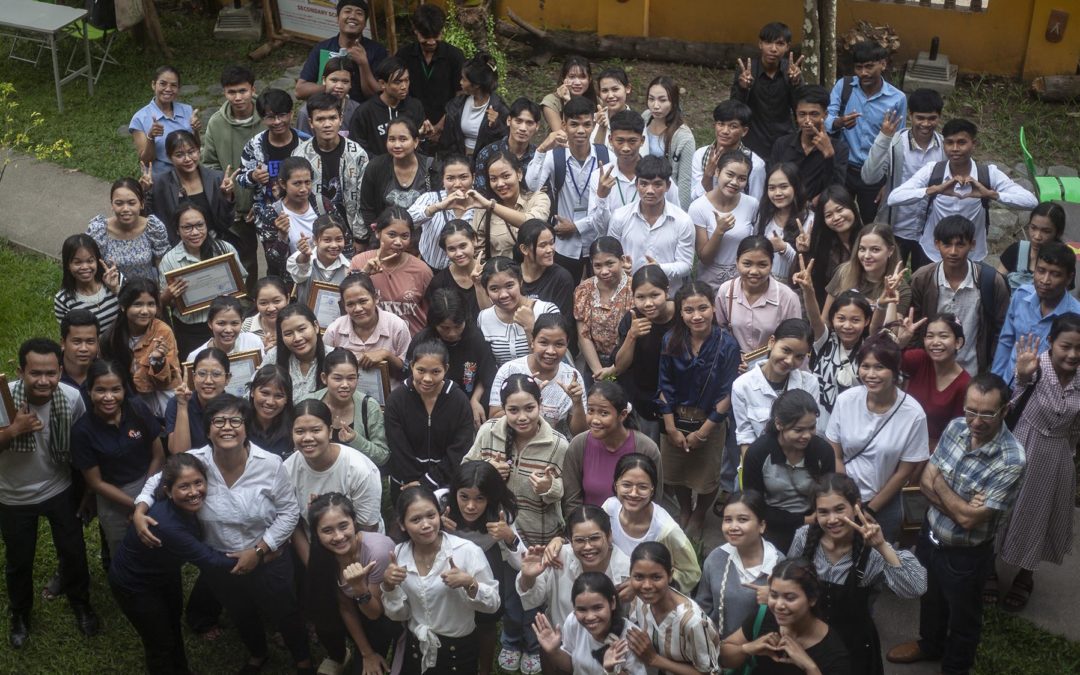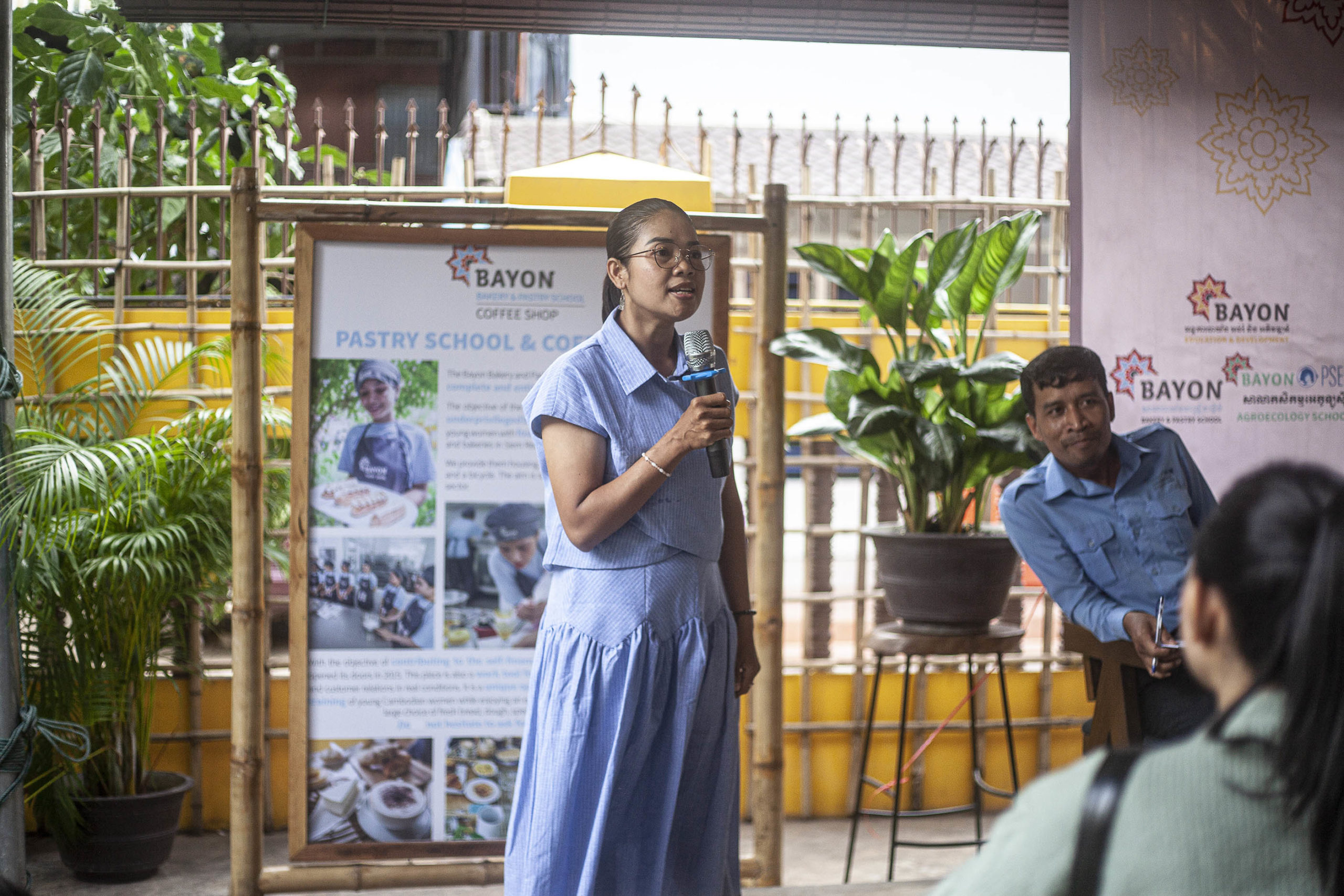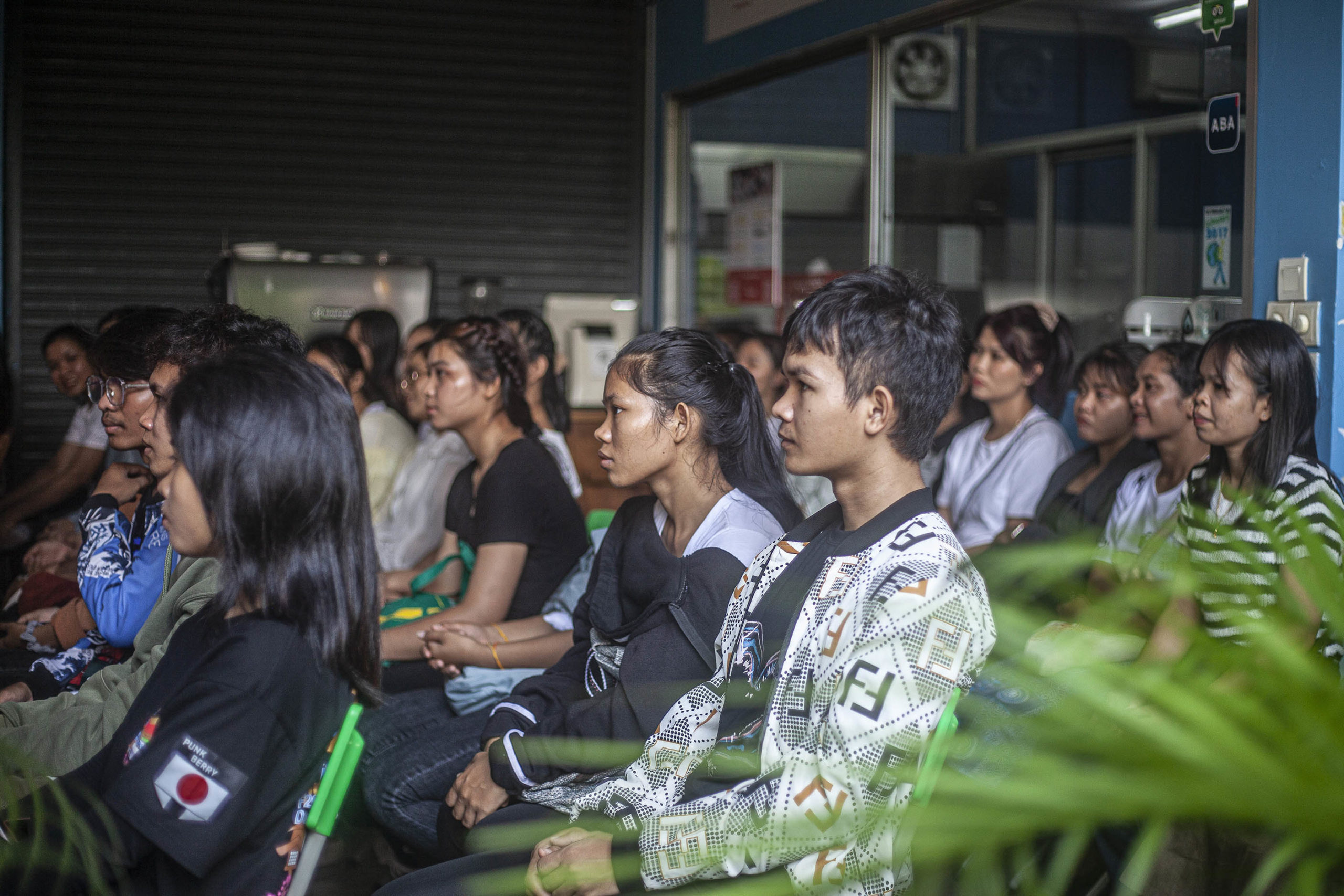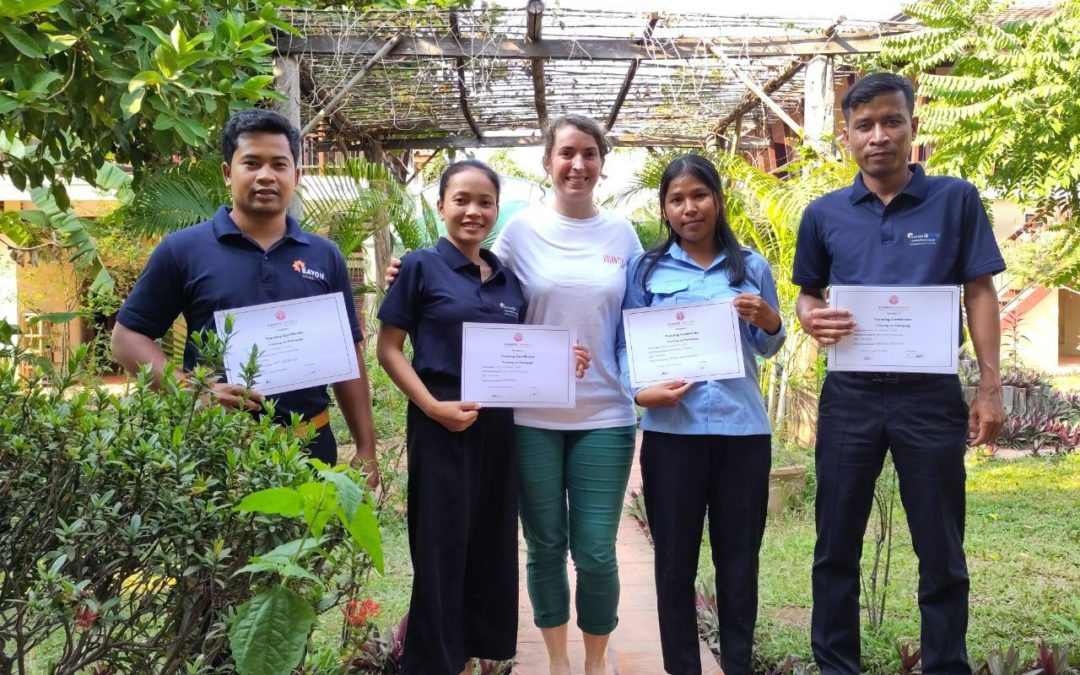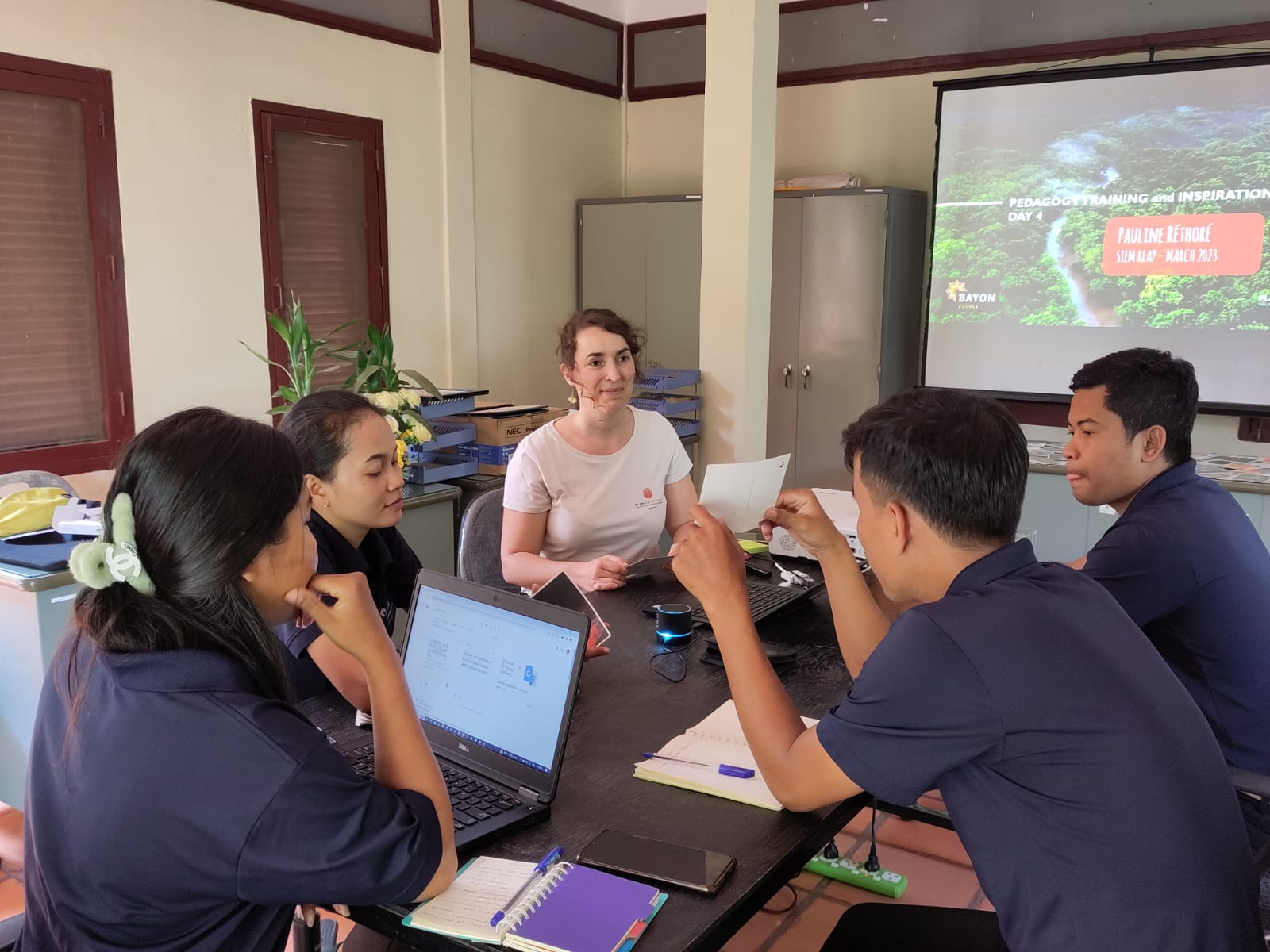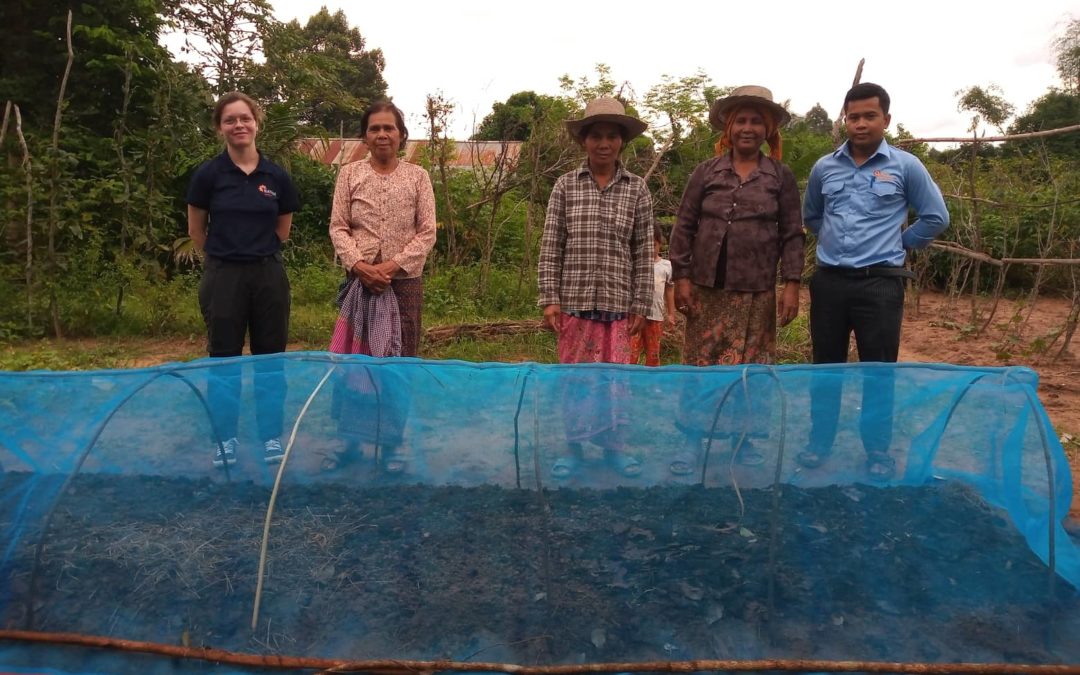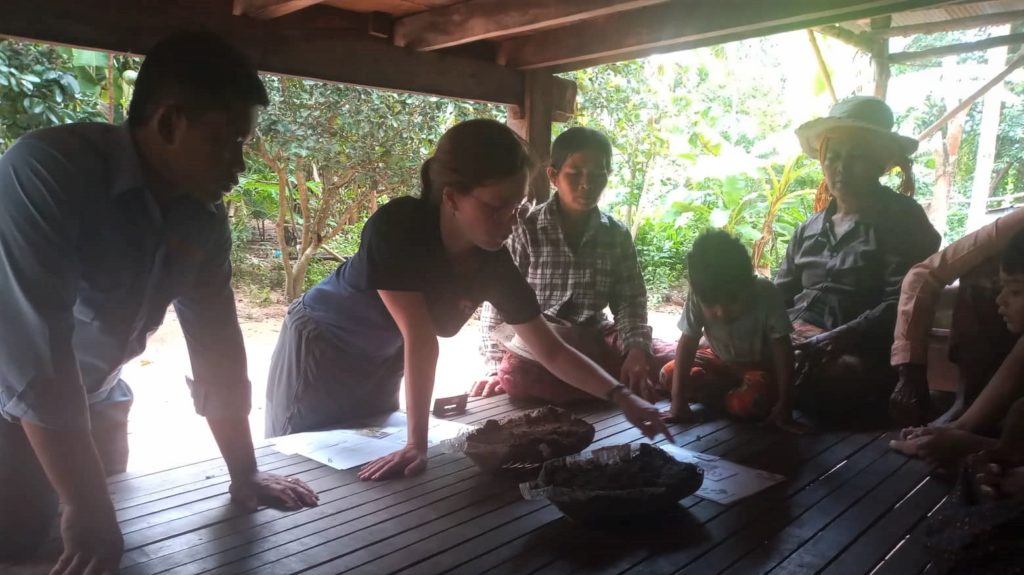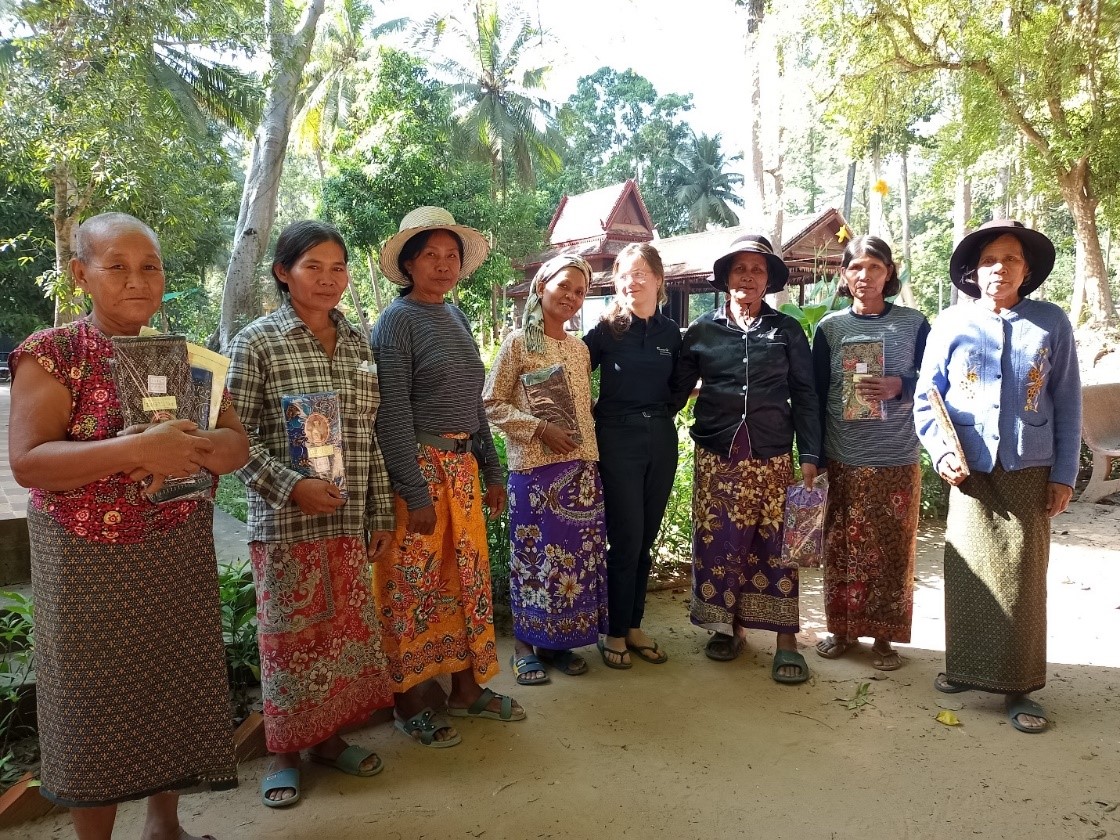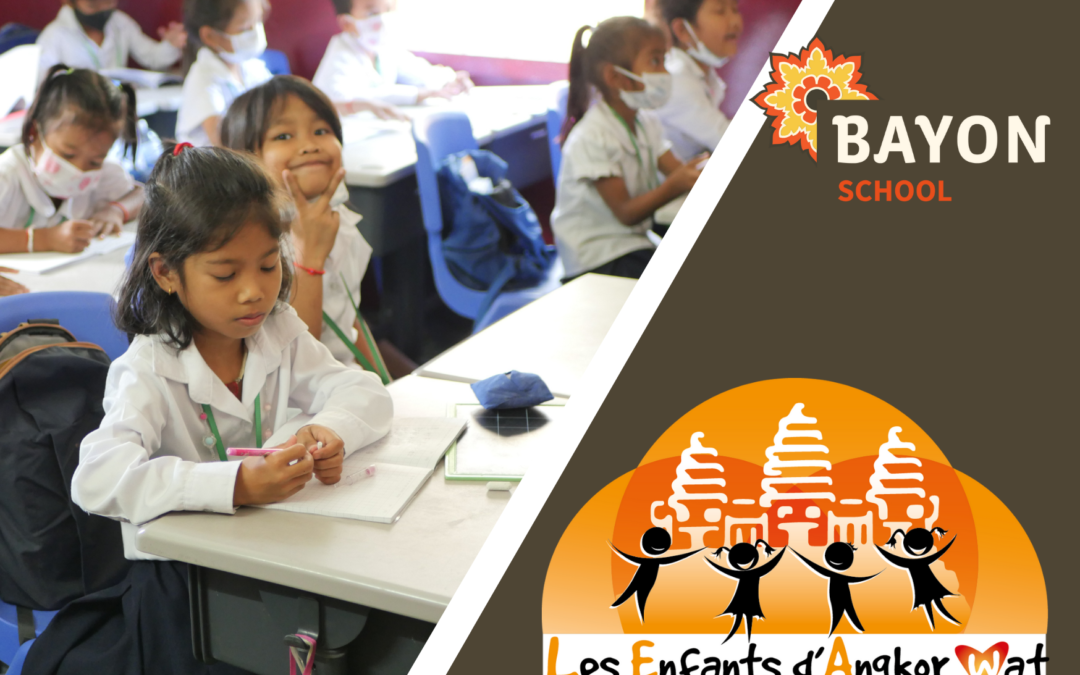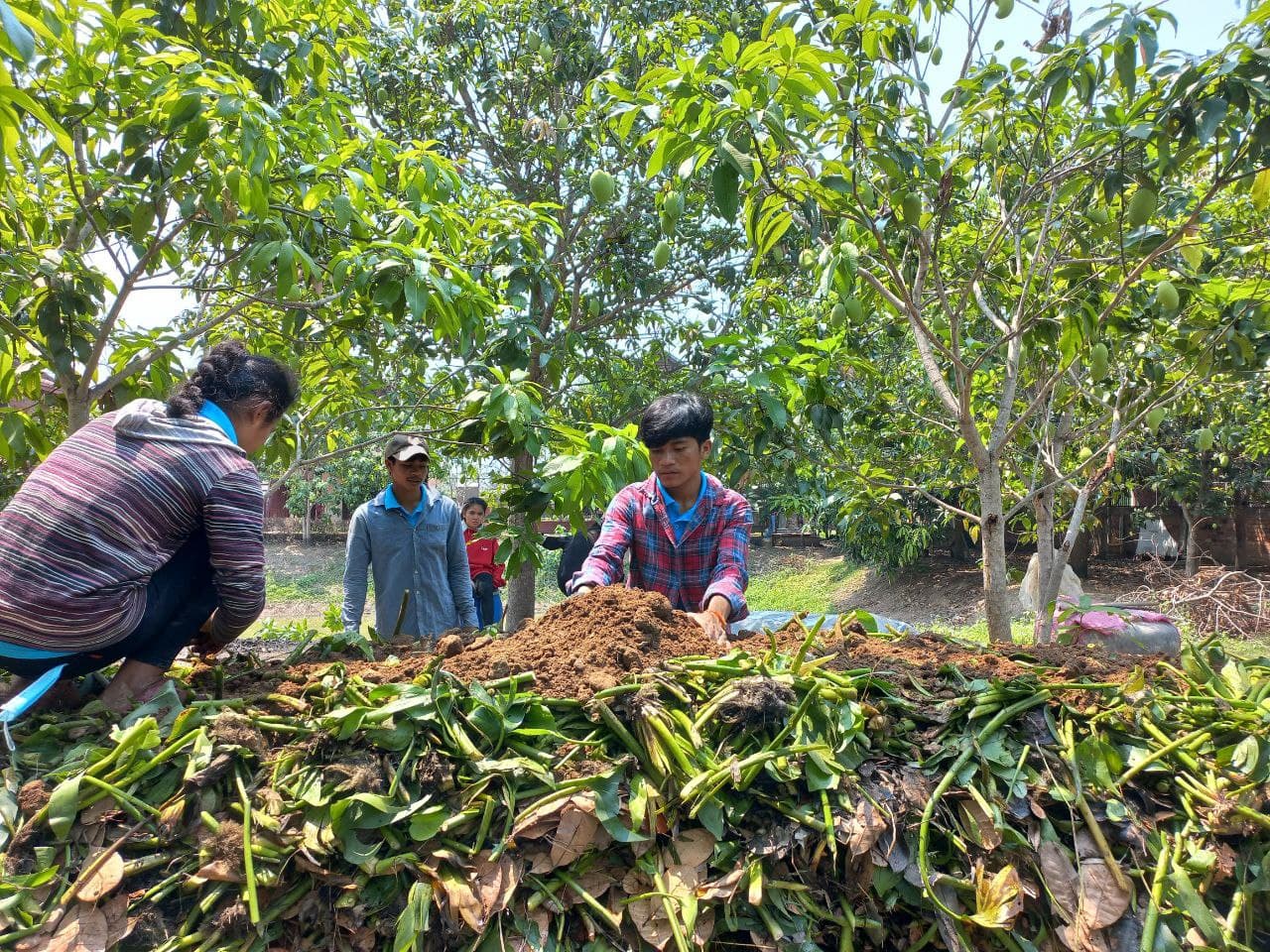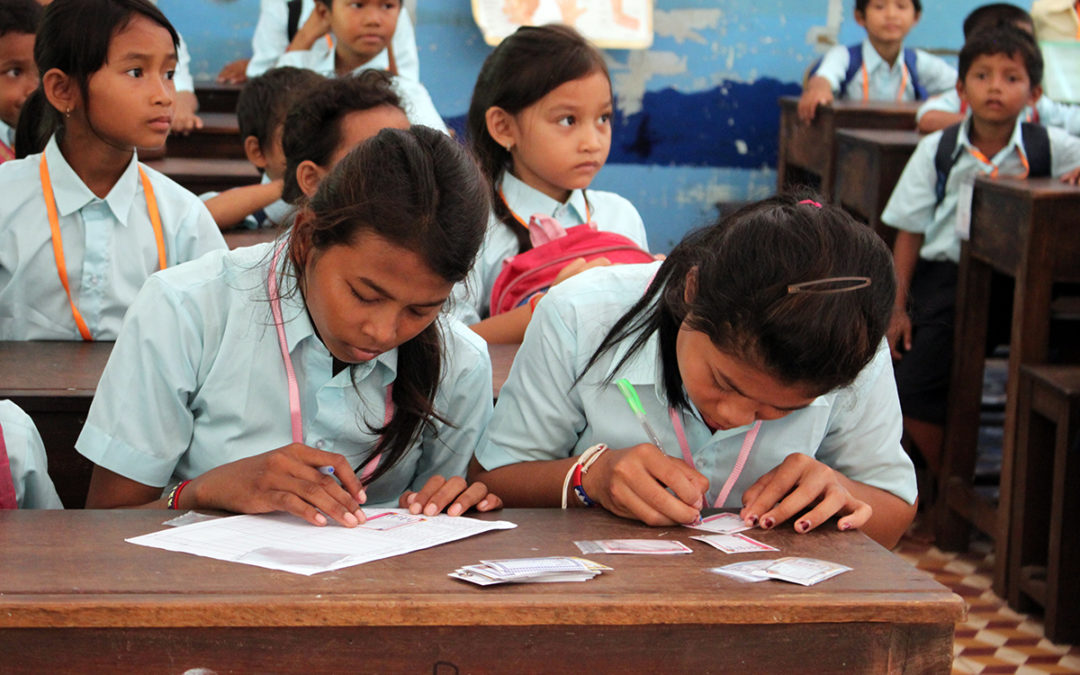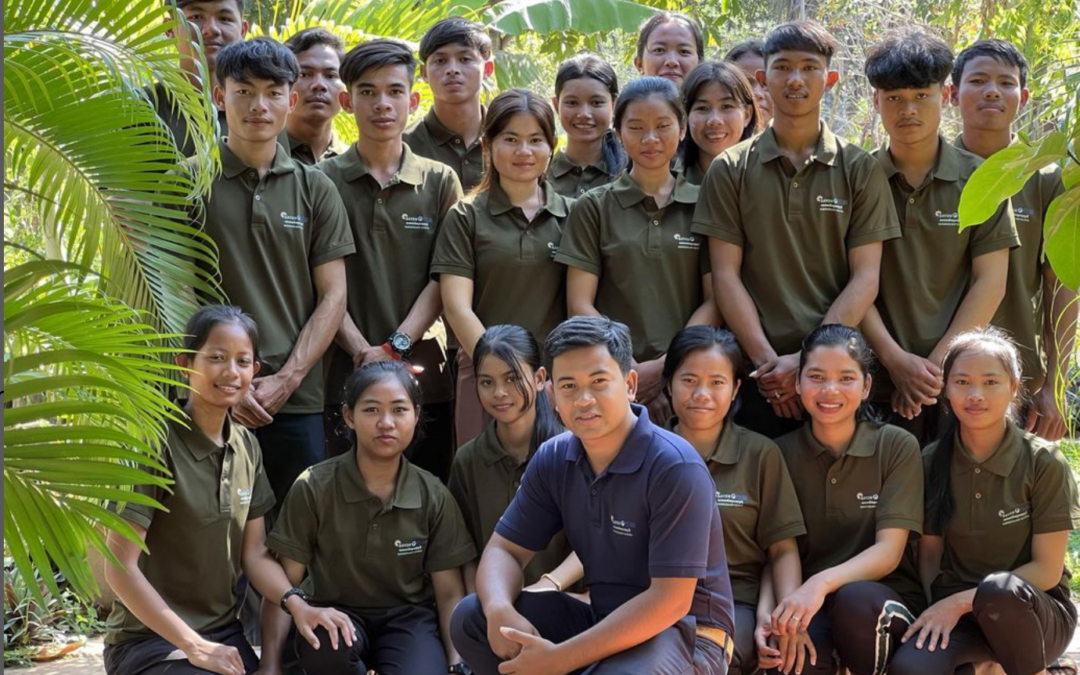
Discover our young talents from the class of 2024 !
We’re delighted to introduce you to the young talents who joined our agroecology program last February. For the third year running, we have welcomed a dynamic group of 20 students, most of them women, ready to dive into the world of agroecology.
Throughout the school year, our students will acquire essential theoretical and practical skills in the field of agroecology. In addition to teaching specific techniques, they will take courses in English, IT, professional and personal skills, as well as food processing, in line with the national curriculum.
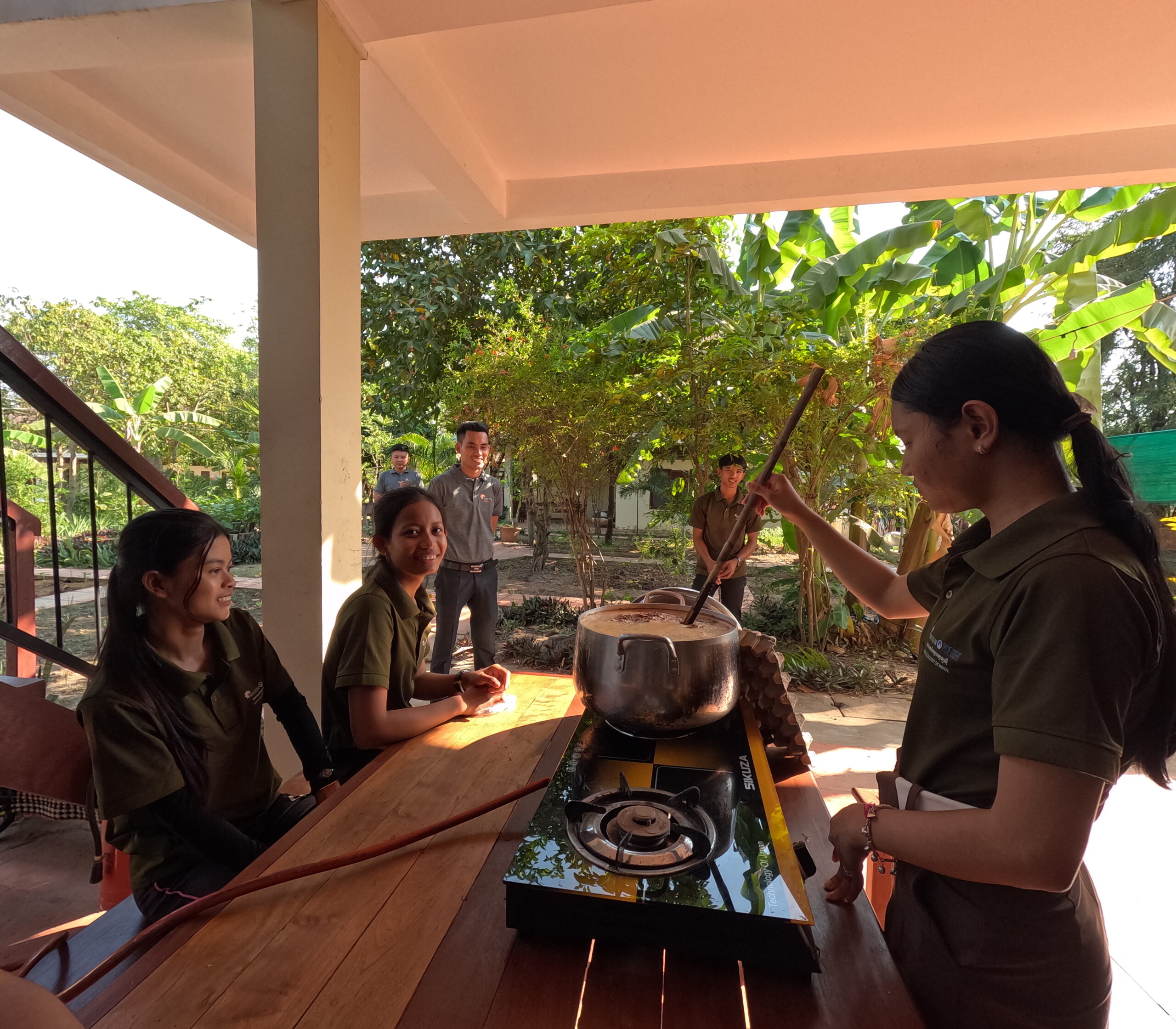
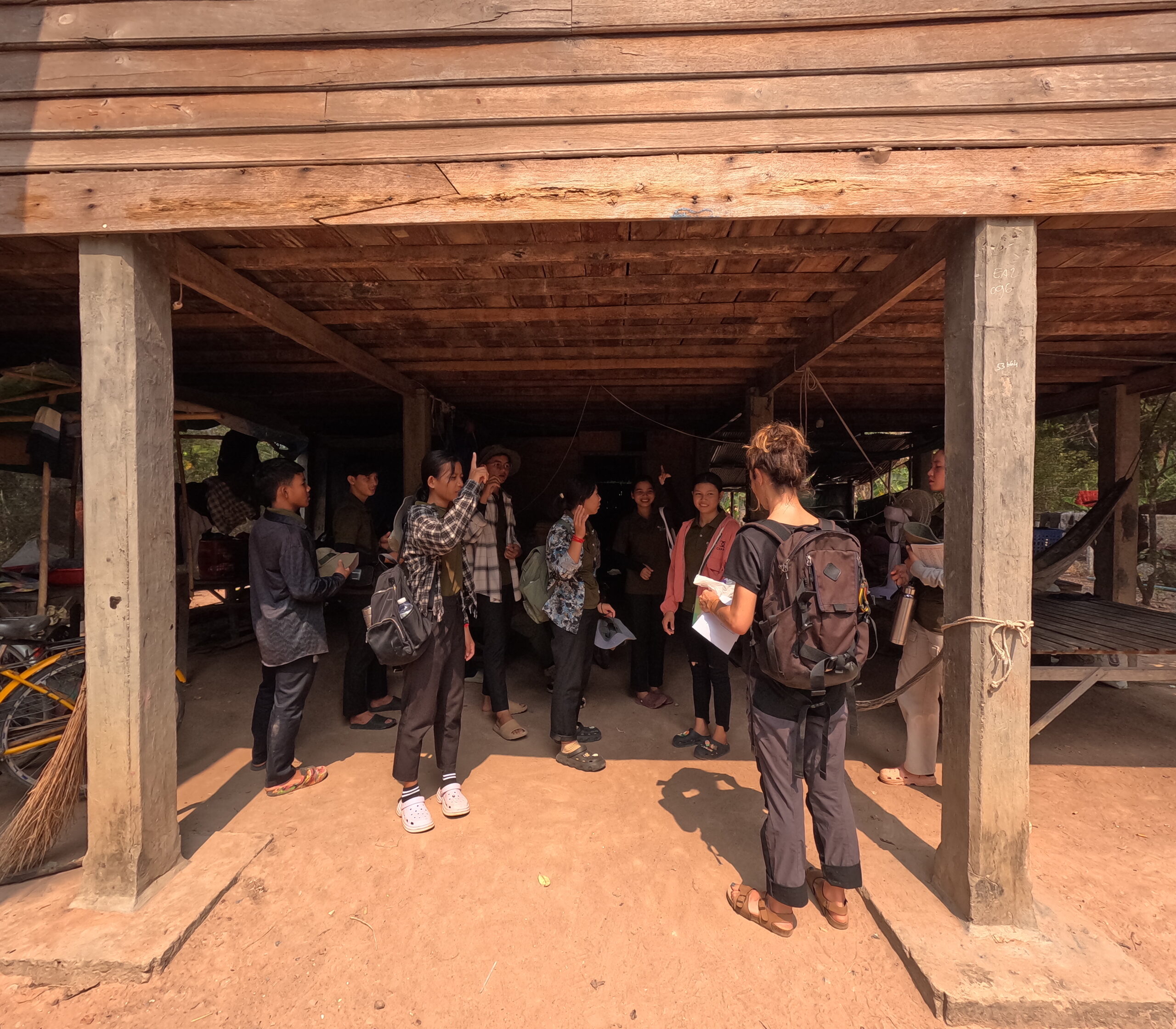
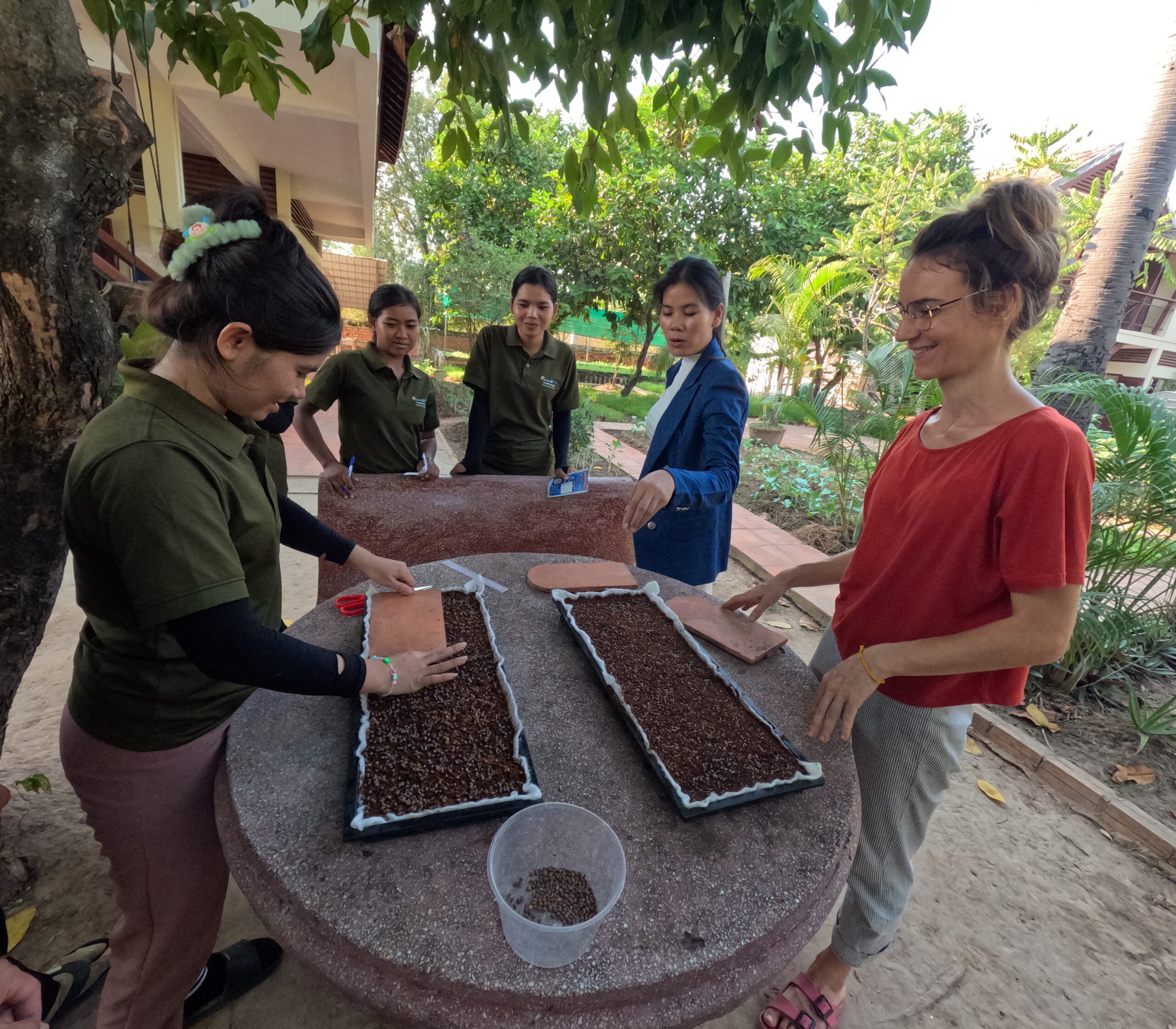
Practical classes punctuate their week, but that’s not all! Every week, our students take part in cultural workshops such as locust breeding, mushroom cultivation and composting, enriching their practical experience.
At Bayon School, we firmly believe in learning in the field, because that’s where real expertise is built. This month, our future agroecology experts had the opportunity to meet six families who grow fruit and vegetables for the elementary school canteen. They were also given the opportunity to choose a project to develop on the farm, a project they will carry out throughout the year. To accompany them in this adventure, they will benefit from training sessions every Saturday, in groups of four, enriching their knowledge and practice.
We look forward to seeing our students grow and flourish in the exciting field of agroecology, and are proud to support them in their academic and professional journey in collaboration with PSE.
